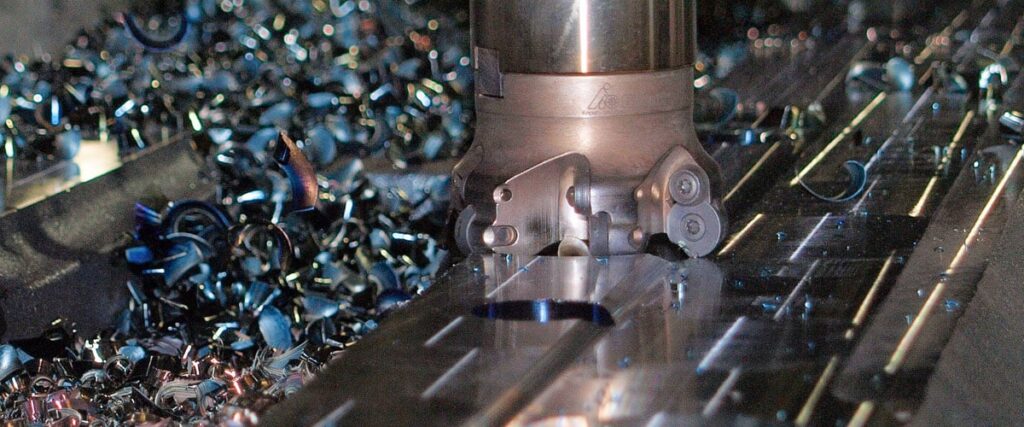
How to Choose The Right CNC Machine for Your Project
Selecting the right CNC machine for your project is a critical decision that can impact the quality, efficiency, and cost of your manufacturing process. Here are some key factors to consider when choosing a CNC machine.
1. Determine Your Project Requirements
The first step in choosing the right CNC machine is to clearly define your project requirements. Consider the materials you will be working with, the complexity of the parts, and the required tolerances. For instance, if you are machining high-precision metal parts, you might need a machine with tight tolerances and high stability. Understanding your specific needs will help narrow down your options.
2. Assess Machine Capabilities
Different CNC machines come with varying capabilities. Evaluate the machine’s axis count (e.g., 3-axis, 4-axis, 5-axis), spindle speed, feed rate, and maximum workpiece size. Machines with more axes can handle more complex geometries, while higher spindle speeds and feed rates can enhance productivity. Ensure that the machine you choose can meet the demands of your project.
3. Consider Software Compatibility
CNC machines rely on CAD/CAM software for programming. Make sure the machine you choose is compatible with the software you are using or plan to use. Compatibility issues can lead to inefficiencies and additional costs. It’s also important to consider the ease of use and learning curve of the software, as this can affect the overall productivity and quality of your machining operations.
4. Evaluate Precision and Tolerance
Precision and tolerance capabilities are crucial, especially for industries requiring high accuracy. Check the machine’s specifications for its achievable tolerances and ensure they align with your project requirements. Machines with higher precision capabilities typically come at a higher cost, but they are essential for projects demanding tight tolerances.
5. Review Machine Build Quality and Reliability
The build quality of the CNC machine affects its durability, reliability, and performance. Look for machines made from robust materials with a solid construction. Consider the reputation of the manufacturer and read reviews from other users. Reliable machines reduce downtime and maintenance costs, contributing to a more efficient production process.
6. Analyze Cost and Return on Investment
While the initial cost of a CNC machine is a significant consideration, it’s essential to analyze the total cost of ownership and the potential return on investment (ROI). Factor in maintenance costs, energy consumption, and the lifespan of the machine. A higher upfront investment in a quality machine may lead to lower operational costs and higher productivity over time.
7. Seek Expert Advice
Consulting with industry experts or suppliers can provide valuable insights into the best CNC machines for your specific needs. They can help you understand the technical specifications, compare different models, and make an informed decision.
In summary, choosing the right CNC machine involves understanding your project requirements, evaluating machine capabilities, ensuring software compatibility, assessing precision, reviewing build quality, analyzing costs, and seeking expert advice. By considering these factors, you can select a CNC machine that meets your needs and enhances your manufacturing efficiency.